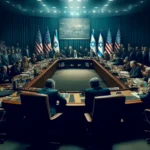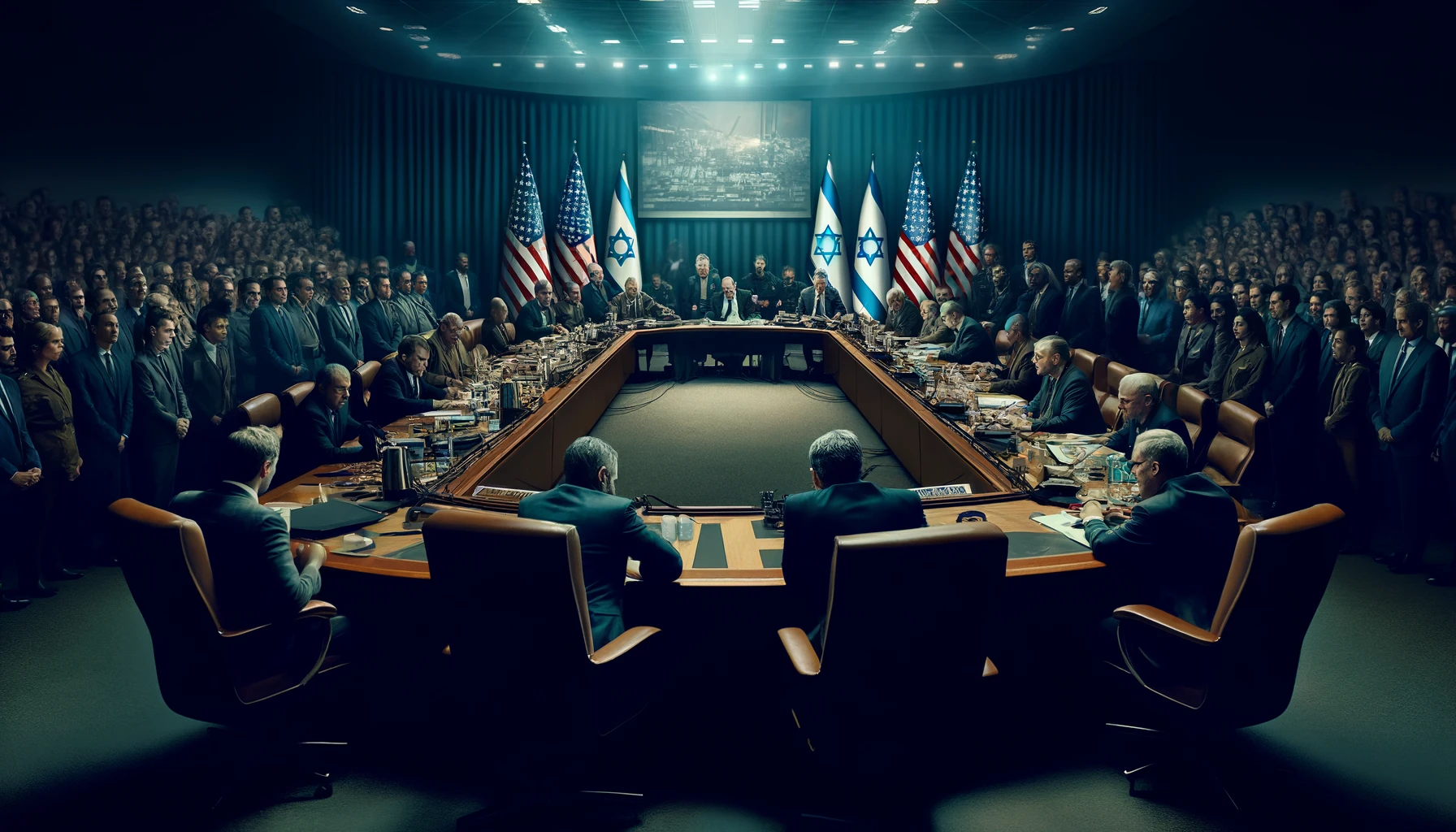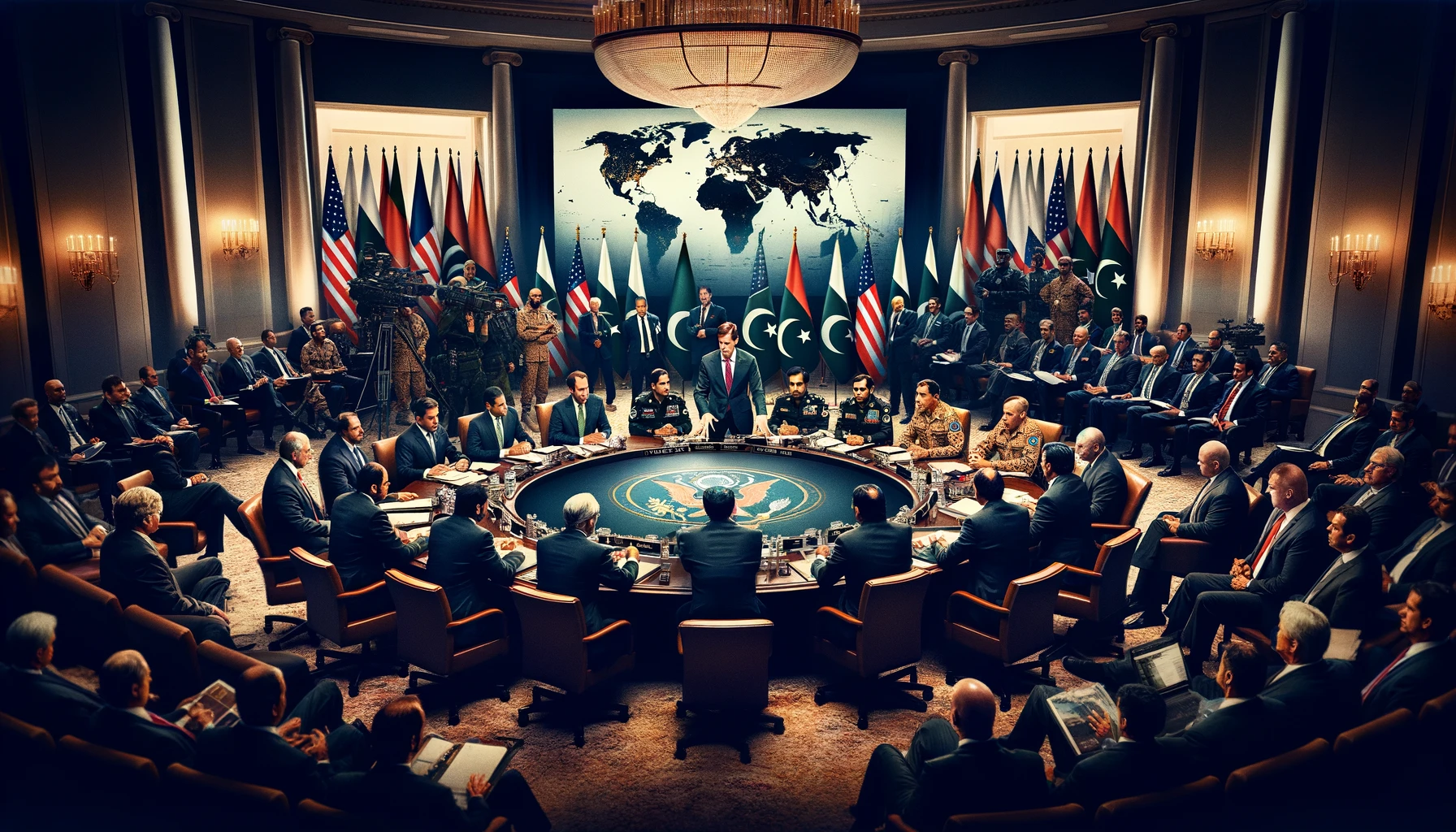Ebrahim Raisi, a prominent Iranian cleric and former presidential candidate, passed away. His demise has sparked a mix of reactions, with a large number of people participating in his last rites while others are celebrating his death. This article delves into the diverse perspectives on Raisi’s legacy, exploring the reasons behind the contrasting reactions.
The Mourners
Thousands of mourners, including high-ranking Iranian officials, attended Raisi’s funeral procession in Tehran. They praised his contributions to the Islamic Republic, highlighting his commitment to upholding the principles of the 1979 revolution. Raisi’s supporters view him as a champion of conservative values and a strong advocate for the country’s religious and political establishment.
The Critics
On the other hand, many Iranians, particularly those from the reformist and opposition camps, are celebrating Raisi’s passing. They see him as a symbol of the oppressive regime, responsible for suppressing dissent and silencing political opponents. Raisi’s critics accuse him of playing a key role in the crackdown on the 2009 Green Movement protests and supporting the house arrest of political leaders
Human Rights Concerns
Raisi’s presidency was marked by numerous human rights abuses, including the execution of political prisoners and the suppression of minority rights. His administration was also criticized for its treatment of women, minorities, and political activists. Those who suffered under his rule or were affected by his policies are now breathing a sigh of relief at his passing.
Regional and International Reactions
Regionally, Raisi’s death has been met with mixed reactions. Some countries, like Syria and Hezbollah in Lebanon, have expressed condolences, while others, such as Saudi Arabia and the United Arab Emirates, have remained silent. Internationally, human rights organizations and some Western governments have welcomed the news, citing the need for accountability and justice in Iran.
Conclusion
The contrasting reactions to Ebrahim Raisi’s passing reflect the complex and divided political landscape of Iran. While his supporters mourn the loss of a devoted public figure, his critics see his demise as an opportunity for change and a step towards a more inclusive and democratic Iran. As the country moves forward, it is crucial to address the human rights concerns and political tensions that defined Raisi’s legacy.









